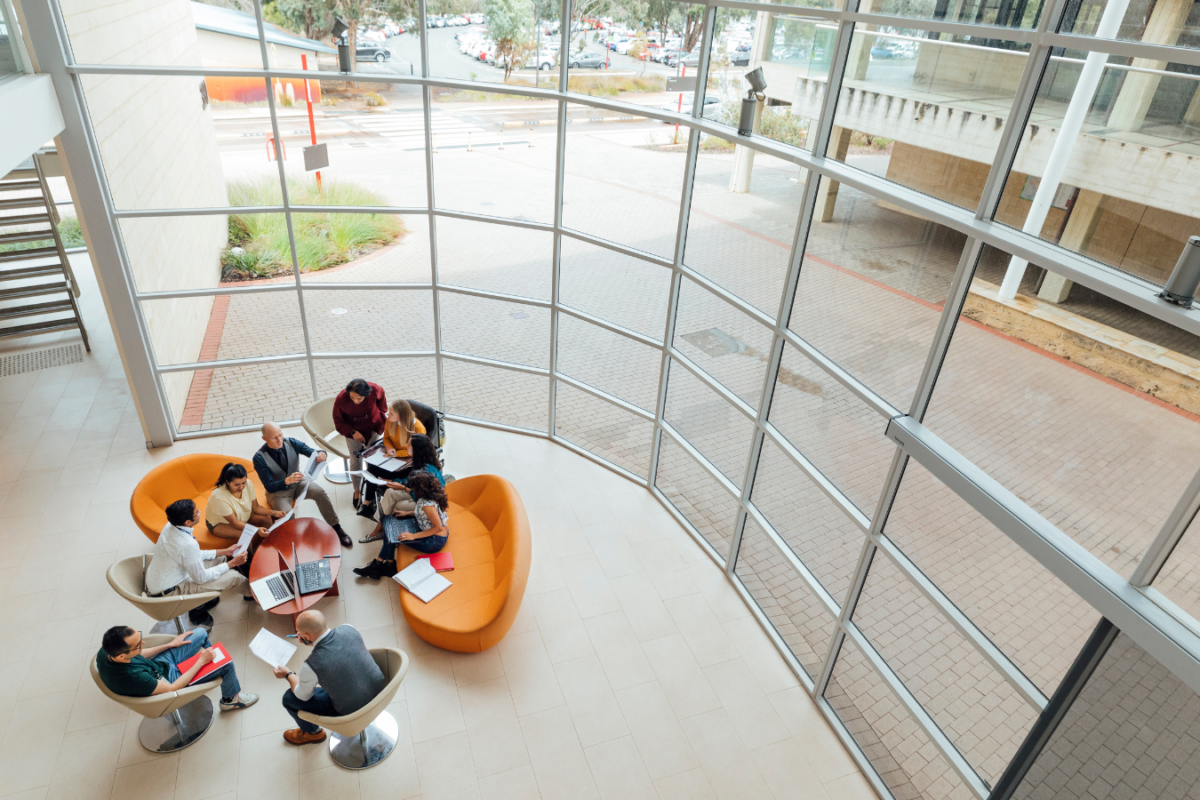The EU faces numerous interconnected challenges to maintaining a social and inclusive Europe, with key transformations reshaping the socio-economic landscape in which the European Pillar of Social Rights (EPSR) operates. The aftermath of COVID-19 continues to impact youth employment and education, whilst the digital revolution and AI present both opportunities and risks for labour markets. The green transition, though promising new opportunities, threatens traditional industries and risks deepening regional disparities. These challenges, coupled with demographic shifts and geopolitical tensions, have led to increased living costs and energy poverty, disproportionately affecting vulnerable groups.
To address these challenges, this project aims to synthesise and analyse existing research on socio-economic changes affecting the European Social Fund Plus (ESF+) and the EPSR. The study focuses on creating a coherent framework to understand available research, particularly examining labour market transformations and their impact on social inclusion. Through analysis of four key areas—future skill requirements, skill availability, equality of opportunity, and challenges to inclusive societies—the project will develop an analytical framework to assess both immediate and long-term impacts on EU societies. This structured approach will help optimise ESF+ financial support and enhance understanding of the complex socio-economic trends affecting European social inclusion.
Against the background illustrated above and in line with the tender specifications the study will:
- Conduct a comprehensive review of the existing literature to identify challenges and opportunities for the future of skill needs, skill supply and skill matching;
- Compare and make sense of existing quantitative estimates and projections on skill supply and skill demand, labour market trends and job displacement, highlighting how drivers of change are likely to impact skill supply and demand;
- Complement existing quantitative data with qualitative insights coming from experts in a variety of fields and from relevant stakeholders;
- Identify interdependencies between skills matching and equality of opportunity, and explore the ripple effects of the drivers of change on inequality and social inclusion;
- Provide an analytical framework able to capture both immediate and long-term impacts of key challenges as well as secondary or tertiary effects on EU economies and societies.
























